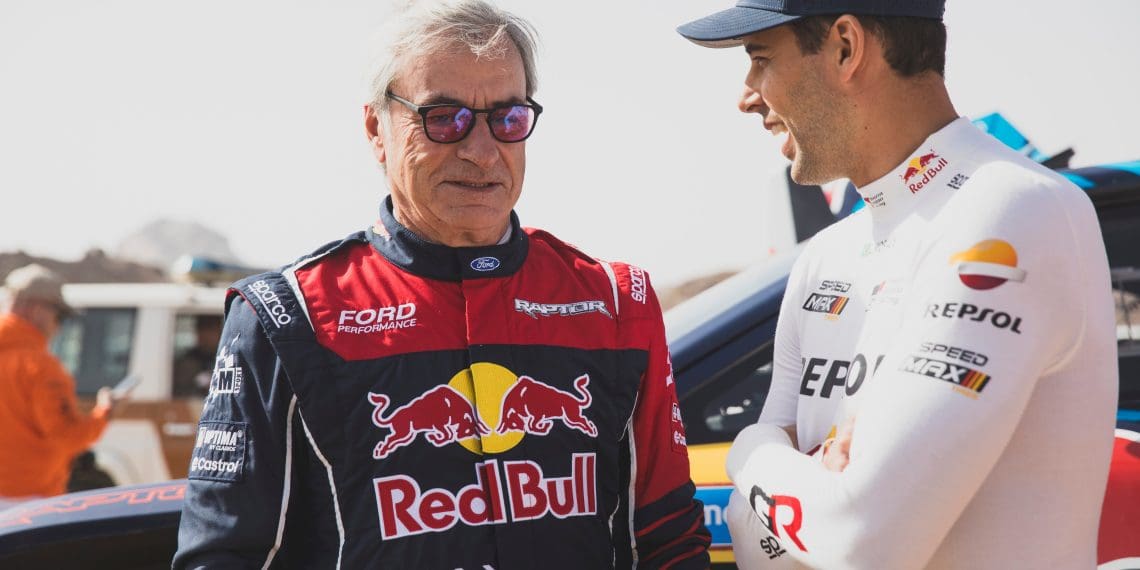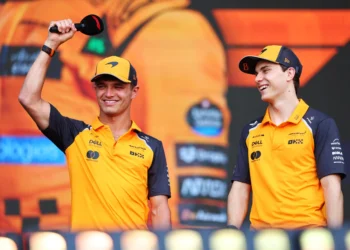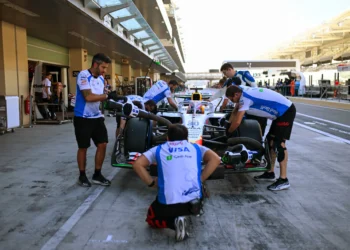Formula 1’s Carlos Sainz has clinched a new leadership role, securing a director’s position in the Grand Prix Drivers’ Association (GPDA). He steps into the shoes of the recently retired Sebastian Vettel. The GPDA, first established in 1961 and revived in 1994 following the tragic Imola deaths of Ayrton Senna and Roland Ratzenberger, is the primary body safeguarding the interests of F1 drivers.
Alexander Wurz, a former F1 driver, has been at the helm of the GPDA since 2014, steering the body beyond its traditional focus on safety to address broader issues. As chairman, Wurz has propelled the GPDA into developing a more engaging F1 experience for fans, teams, and drivers. A key part of this process involves ensuring that car regulations are effective and the spectacle remains captivating enough to retain high interest levels.
The GPDA’s leadership structure comprises Wurz and three directors. Anastasia Fowle, a non-driver, contributes her legal expertise and strategic advice derived from her background as a lawyer. The remaining two directorial positions have traditionally been filled by active drivers. Until recently, these were George Russell, who replaced Romain Grosjean in 2021, and Sebastian Vettel, who served in this role since 2010.
With Vettel’s departure from F1, the time was ripe for fresh blood in the GPDA. Following internal discussions and member voting, Sainz has been chosen to carry the torch forward. Passionate about the sport, Sainz believes that drivers have a significant duty to collaborate with stakeholders to advance the sport. He expressed his excitement and pride in joining the GPDA’s directorial team.
Sainz’s appointment comes at a time when relations between drivers and the FIA, the sport’s governing body, are somewhat strained. New restrictions on jewelry, underwear, and misconduct (including swearing) have sparked discontent among drivers. The GPDA penned an open letter to FIA president Mohammed Ben Sulayem last year, seeking more respect and adult treatment for drivers. Ben Sulayem retorted that the running of the governing body was not the drivers’ concern.
The introduction of stringent punishment guidelines for misconduct has further stoked the tension between the drivers and the FIA, a matter that could become a hot topic as the new season kicks off.
Sainz recently shared his thoughts on the issue, acknowledging that while drivers should behave as role models in press conferences, their raw emotions in the heat of racing should not be stifled. He voiced his disagreement with the new regulations regarding radio communication, asserting that this rawness and passion add value to F1 and should not be eradicated.










